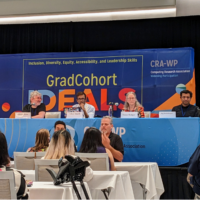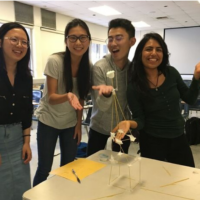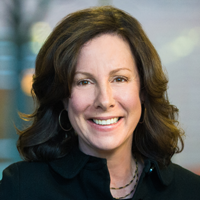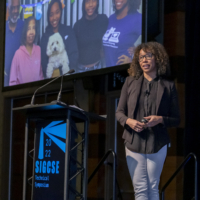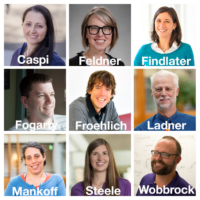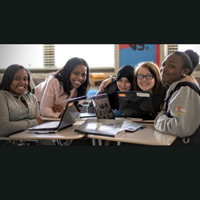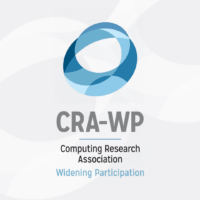
Expanding Career Pipelines by Unhiding the Hidden Curriculum of University Computing Majors
by Philip Guo, Associate Professor of Cognitive Science, UC San Diego Everyone who attends college learns a formal curriculum by taking classes, but there is also a hidden curriculum just beneath the surface of their college experience. This hidden curriculum consists of the “unspoken lessons, norms, values, and perspectives that impact learning and academic performance. […]


